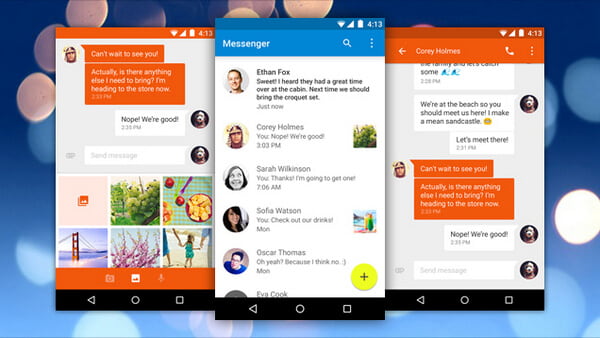

We think we can better serve our users by creating products that function really well, and users can choose the product that best suits their needs." In other words, choice serves users better than clarity does.Īt the same time, the company has a longstanding habit of ditching old products and services that have seen limited success, including Google Wave, Google Reader, Picasa and many more. A Google spokesperson told me: "We've designed specific products for distinct use cases, so we don't intend to have one app that does everything for everyone. The company is unrepentant about its bewildering lineup.

If you look at the various communication actions you might want to take - voice calls, video calls, email, text messaging and social posting - Google has at least two offerings for each. Alphabetically, these are: Allo, Chat, Gmail, Google+, Groups, Hangouts, Inbox, Messenger, Duo, Project Fi and Voice. Google offers 11 communications apps and services. Among these are confusion and uncertainty - confusion about which app to use, uncertainty about whether Google will terminate any given product. And besides the big platforms from the big companies, hundreds of startups have created appealing and innovative communications apps and services. Slack leads business chat-room messaging.

Skype, owned by Microsoft, tops the video calling space. Is Google a good choice for communication? With the exception of email, Google is not considered a leader in person-to-person communication apps and services.


 0 kommentar(er)
0 kommentar(er)
